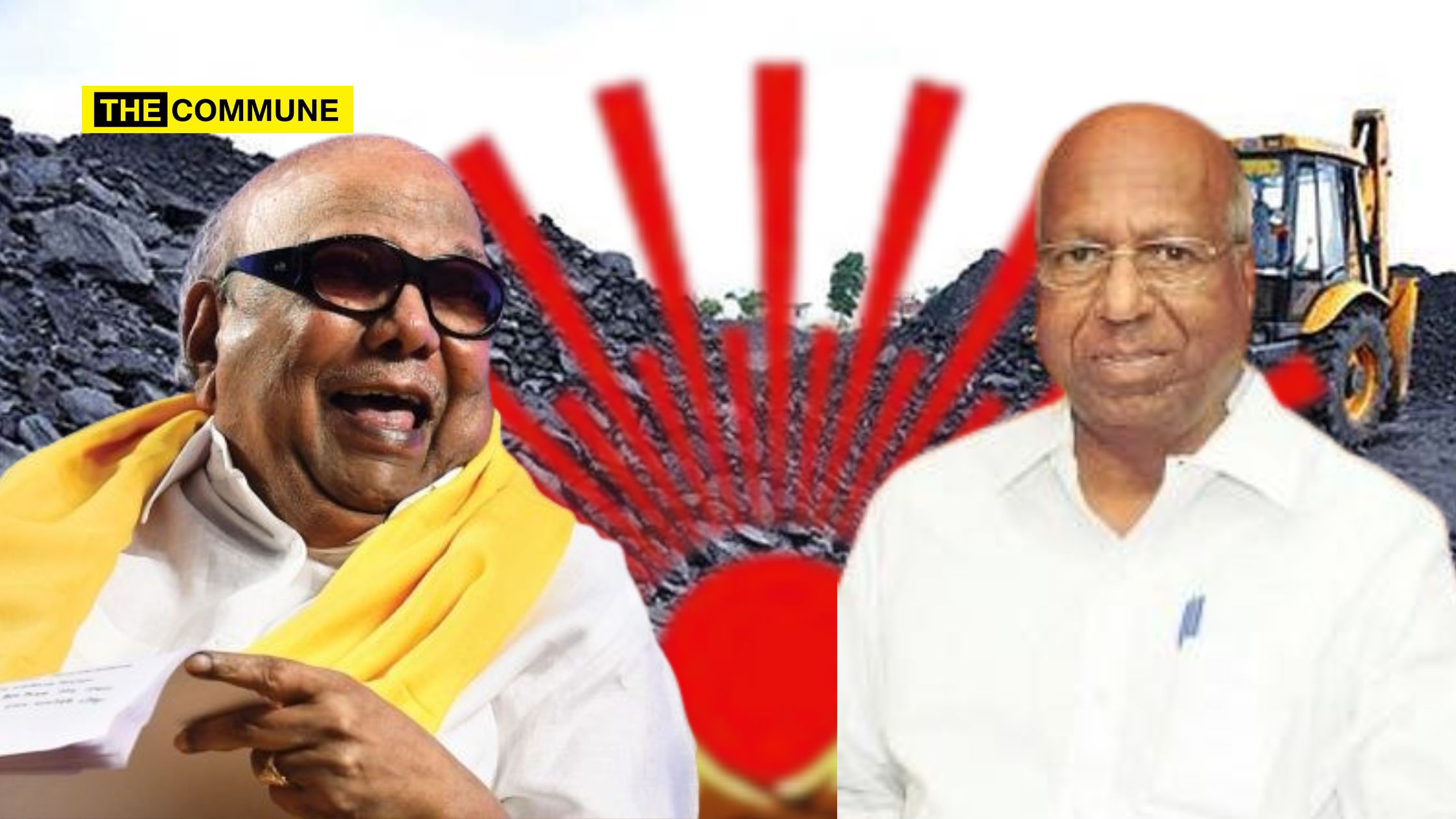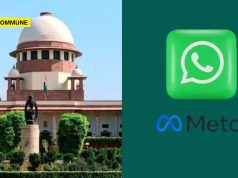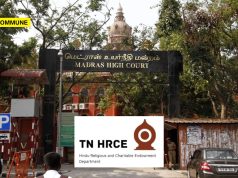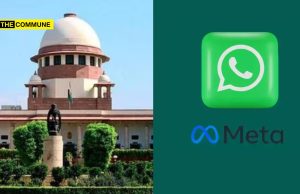
In Tamil Nadu, the ruling DMK, led by MK Stalin, is facing strong criticism from the public, political commentators, and other parties due to a significant increase in the overall cost of living in the state. Since assuming power in 2021, the DMK government has consistently hiked property taxes, electricity tariffs, drinking water charges, milk prices, and bond registration fees.
Critics argue that these price hikes are directly impacting the middle class and small to medium-sized industries, severely affecting their production capabilities. They also contend that such increases are driving businesses to neighboring states where costs are lower, thereby benefiting those regions economically. This reminds us of the dark days in Tamil Nadu when significant maladministration, corruption, and rampant scams plagued the state.
Devastating Maladministration During The DMK Regime From 2006 To 2011
During the DMK rule in Tamil Nadu from 2006 to 2011 under the leadership of Karunanidhi, the industrial sector suffered significant economic losses due to reduced profits. Arcot N. Veeraswami, serving as Electricity Minister during this period, faced criticism from industrialists who blamed the state government for not providing necessary infrastructure despite repeated requests.
Have you heard of a “power holiday“? Back in 2008, the Tamil Nadu Electricity Board (TNEB) suggested a mandatory two-day power shutdown for both heavy and light industries because of the severe power shortage in the state. This situation arose during the DMK administration, causing significant administrative challenges. As a result of these measures, the IT industry had to resort to using diesel and biomass to generate power, which cost around ₹7-7.50 per unit. Additionally, the government had already implemented an 8-hour daily power cut across the state.
Over the years, Tamil Nadu’s increase in installed power generation capacity was a mere 483 MW, contrasting sharply with neighboring Karnataka and Andhra Pradesh, which boosted their capacities by more than 2,000 MW each. This disparity underscores Tamil Nadu’s flawed policy approach, especially in light of escalating industrial and residential demand, which surged from 6,000 MW in 2001 to 10,000 MW by 2010.
Critics argue that the DMK’s policies during this period were myopic, focusing on short-term gains such as providing free electricity to agricultural connections and weavers to secure a large voting bloc of 4 lakh weavers, rather than addressing long-term infrastructure needs.
R. Sivaram, the executive director of Royal Classic Mills Pvt. Ltd. at the time, lamented that their companies were compelled to rely on costly power from captive generation units, which charged ₹9 per unit compared to the ₹4.50 per unit offered by the Tamil Nadu Electricity Board. Despite Tamil Nadu boasting an installed generating capacity of 10,098MW against a peak demand of 8,800MW, the actual available power stood at only 7,500MW, pointing to a deliberate shortfall that burdened industries. The state government enforced power cuts lasting at least four hours daily, attributing the deficit to a shortfall of 1,500MW from wind energy sources and 1,000MW from the central pool.
State electricity minister Arcot N. Veerasamy acknowledged that despite a 4,000MW increase in power demand over the last decade, capacity had only increased by 531MW. According to industry sources like the Confederation of Indian Industry and the Southern India Mills Association, new industries and the textile sector, in particular, suffered annual losses amounting to ₹1,000 crore due to underutilization caused by frequent shutdowns owing to power shortages.
Producers in the wind energy sector argued that the situation could have been mitigated if the government had established adequate infrastructure for the transmission and distribution of the generated power from windmills. Tamil Nadu’s wind power generation capacity was 3,686MW, with significant generation occurring between May and October when south-west winds prevailed. K. Kasthurirangaian, vice-chairman of the Indian Wind Power Association, criticized the state utility for failing to install sufficient transmission lines, resulting in the loss of between 800MW and 1,000MW of wind power during peak seasons. He suggested that surplus power could have been supplied to other states during summer and received back during periods of scarcity.
The Coal Scam No One Talks About
We all have heard of coal scams across the country. However, there is one coal scam that happened in Tamil Nadu in the DMK regime, that no one talks about.
In 2010, AIADMK general secretary Jayalalithaa accused the Tamil Nadu Electricity Board (TNEB) of incurring substantial losses due to the import of low-calorific value coal from Indonesia at a higher cost. She stated that the TNEB was importing over 6 million tonnes of low-calorific coal annually from Indonesia, priced at $120 per tonne, whereas coal of high-calorific value from the same source had a Free On Board (FOB) value of only $65 per tonne. Including shipping and freight charges of $20, the total landed cost of high-calorific coal was $85 per tonne. She pointed out that coal from South Africa was even cheaper.
Jayalalithaa calculated the loss to the TNEB at ₹1,575 per tonne in Indian rupee terms. With annual imports exceeding 6 million tonnes at ports like Tuticorin and Ennore, she estimated that the excess expenditure incurred by the TNEB due to the higher-priced coal amounted to ₹1,000 crore per year, contributing significantly to the Board’s financial losses amidst a severe power crisis in the state.
Accusing Electricity Minister Arcot N. Veeraswami and officials of providing contradictory statements regarding the state’s power crisis, Jayalalithaa criticized the lack of concerted efforts to address resource augmentation. She highlighted instances where officials gave conflicting timelines for power cuts, exacerbating public confusion and dissatisfaction.
Jayalalithaa further alleged that the TNEB’s financial woes were compounded by a suspected scam involving the importation of coal at inflated prices, facilitated by business ties between a consortium in Indonesia and the ruling DMK regime. She claimed insider knowledge which suggested that the TNEB was being exploited for financial gains under the stewardship of Minister Veerasamy, accusing the department of being involved in money laundering activities to the detriment of both the Board’s finances and the public interest.
Subscribe to our channels on Telegram, WhatsApp, and Instagram and get the best stories of the day delivered to you personally.




